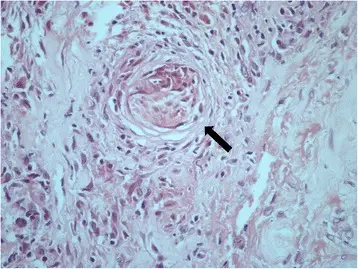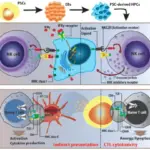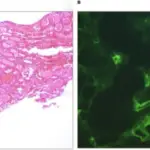When an organ is transplanted into another body, it experiences some immunological response in the host which is initiated by the T cells of the host immune system. This is a T cell-mediated reaction involved in this process and it can be acute or chronic.
In acute cellular rejection, the T cells recognize the graft MHC molecules early. The CD4 receptors present on the T cells recognize the MHC class II molecules and CD8 receptors from T cells bind with the MHC class I molecules. This binding activates the T cells which releases the inflammatory cytokines which cause the attraction and accumulation of the phagocytic cells into the organ.
The chronic cellular rejection is carried out by the indirect pathway of allorecognition. In this pathway, the MHC molecules are not intact and these are shed off from the cellular surface of the transplant. Antigen-presenting cells identify and take up these molecules and then present these to T cells. The activated T cells then initiate the inflammatory response which ultimately leads to the accumulation of the phagocytes into the target organ.



